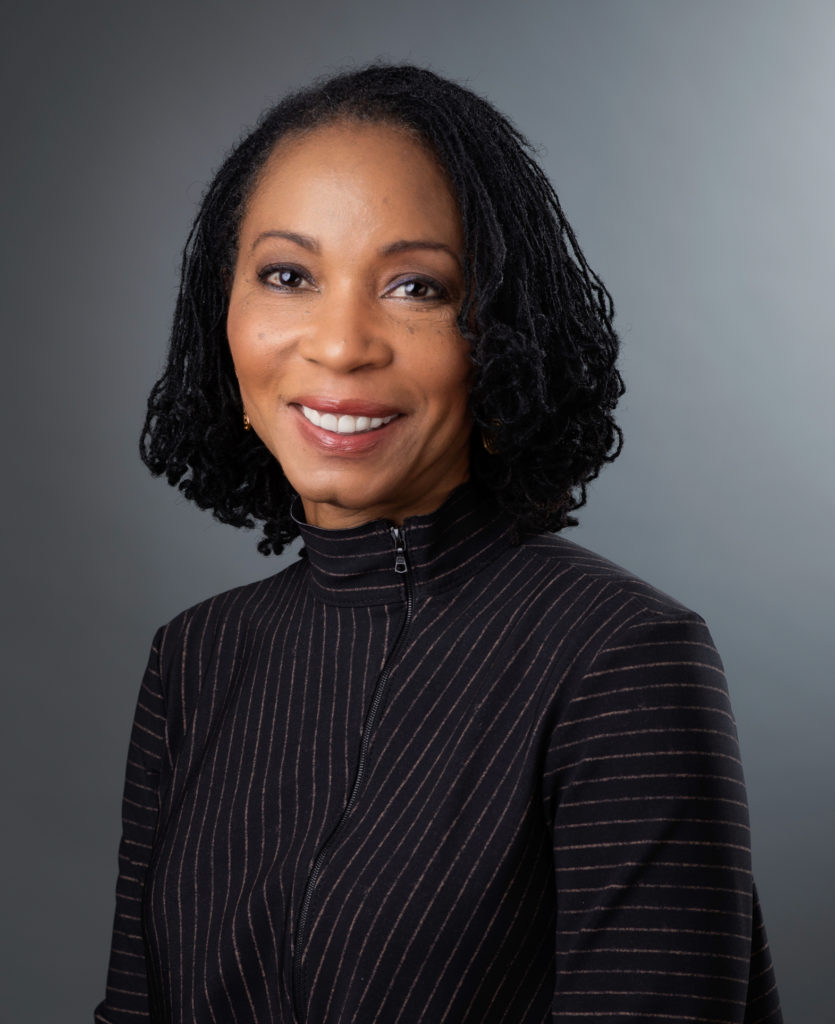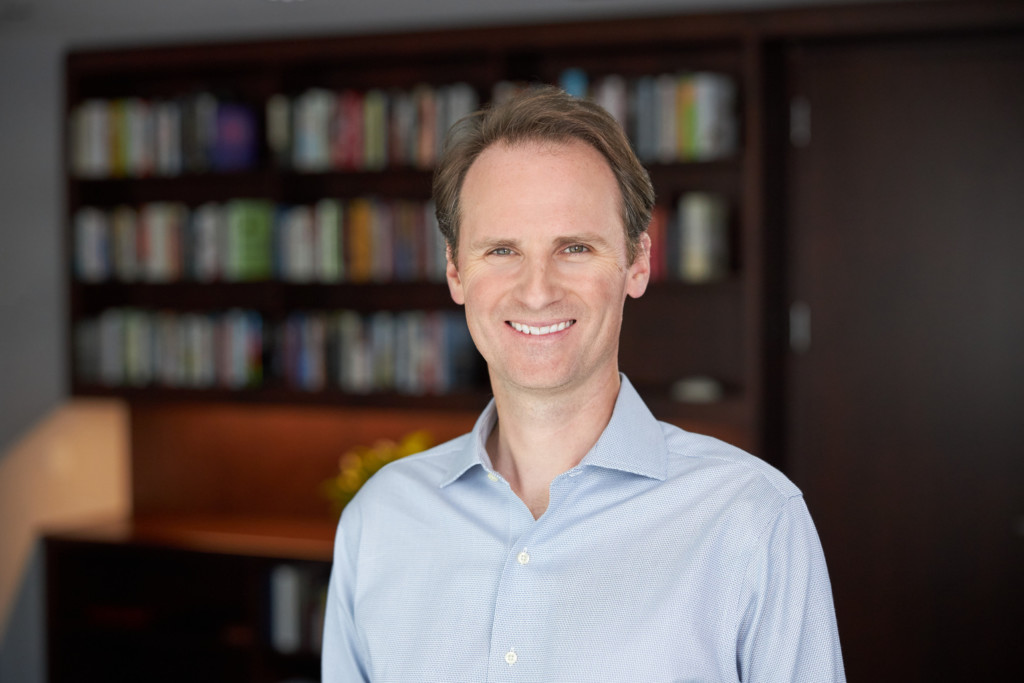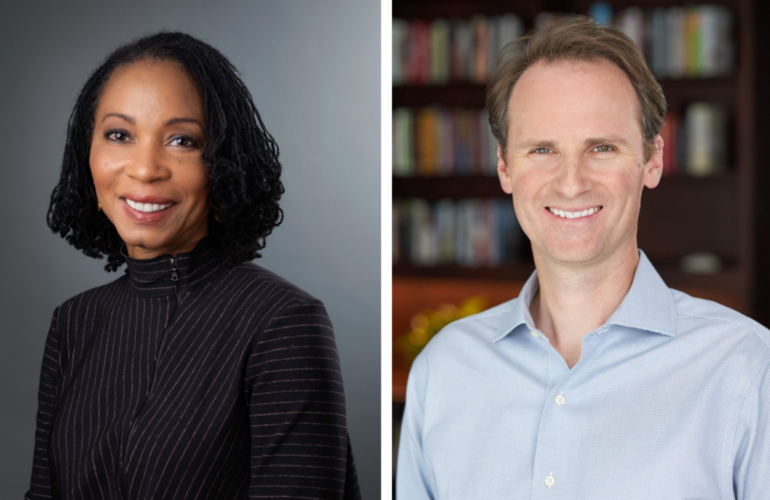How are philanthropic leaders changing their practices to meet the call for equity?
That was one of the key questions addressed in the recent Leading for Good conference, hosted by Loyola’s Baumhart Center for Social Enterprise & Responsibility.
Hundreds of leaders and executives from around the world gathered virtually for the conference, which covered a range of topics pertaining to Corporate Social Responsibility.
One important session zeroed in on philanthropy and equity, featuring panelists Helene Gayle, CEO of The Chicago Community Trust and a member of Better’s 2021 list of Chicago’s Most Powerful Women, and John Palfrey, president of the MacArthur Foundation.
Brenda Asare, president and CEO of The Alford Group, moderated the discussion.
The panel addressed a number of thought-provoking topics raised by both Asare and the audience. The following are edited questions and responses.
What does rethinking philanthropy with an equity lens mean to you and how has it played out in your organization?
Palfrey: It’s the largest and most important and most pressing issue of our time in a broad sense and certainly in Chicago and around the world where MacArthur operates. For me, it means thinking about the way MacArthur Foundation can change the way we operate. That is also true for me as a white man of privilege and how I think about my role and for how each of the 180 staff of MacArthur do our work.
It started with … training around how to be anti-racist. Every member of the staff has been required to do that and as new people come in they are required to do this training so we have a common language. We looked at each of our practices with grant-making, the way we invest our endowment, the way we do impact investing, the way we partner with others.
I think the idea is to be hugely transparent about what we’re doing, be accountable for what we’re doing, and be leaders in this racial equity journey alongside and in teamwork with people like Helene.
Gayle: It demands of us to think about who we are as an organization, how we operate, how we think about our role as philanthropists. I often say philanthropy can be a very arrogant endeavor, you sit as judge and jury over people, and I think until you start thinking about how you look at the power dynamics that are inherent in philanthropy, it’s hard to really talk about equity.
We’ve been on a real journey … how do you give your team, and that includes our board, the language, the skills to think differently about power and power dynamics and equity? And then how do you adapt your practices accordingly?
How do you think very differently about your role as a foundation so that we are really not looking at ourselves as all-powerful, all-knowing, and are really looking at and listening to the communities we want to be in solidarity with?
After the 2020 protests and unrest, many organizations flipped on a switch to make strides toward equity, but that switch can also be turned off. Is this a moment or is this a movement?

Gayle: Whether this is a moment or a movement is really up to us. It can be a moment if we let it be a moment. It can be a movement if we all work together.
People are what make anything happen, and if we have the right people and the people with that kind of commitment, I think we can create a movement.
Palfrey: It will be a movement if we make it a movement, and there’s lots of things we can do. I like the idea of baking in processes and practices through training … and supporting up individuals from a variety of diverse backgrounds into positions of leadership.
What are some of the headwinds and challenges you have had to deal with in the push for equity?

Gayle: There’s two or three major headwinds. First of all, this is something we’ve never done before, and we don’t know how to do it and we don’t know how to do it well. We know that we’re moving over the next 10 or 15 years to being a majority minority nation. We don’t know what it means to be a functioning multiracial democracy, and there’s really not a good example of that in the world of how to do that and how to do that well. So I think we have to acknowledge that we’re all in unfamiliar territory and it’s incredibly difficult.
We have this zero-sum thinking here that if one group does better, the other group loses. … we’ve got to recognize that we will all benefit if the least of us or those who have been held back benefit, and it doesn’t take anything from us.
We have to think about these things and shift our mentality if we are going to get to the point where as a multiracial democracy everybody is entering into that democracy, everybody has a stake in it, everybody has some hope.
Palfrey: We have to acknowledge the fact that maybe 50 percent of the country agrees with what Helene and I are saying and probably 50 percent don’t, right? We are a divided nation … and there are real, real headwinds. The hundreds of years of racism that are endemic in our systems and structures all have to be taken out. We have to deconstruct all that and reconstruct a better society.
How can corporations get past statements of support and make real progress?
Pelfrey: What I’ve said to the team at MacArthur, who are amazing and devoted to this, let’s not say anything that we’re actually not doing or can’t do in the near term. We have to say stuff and be accountable to it. … I feel like everybody has to be accountable in just that way.
I just think there is so much opportunity, so much, and we have to figure out how at every level of the stack, using every part of our balance sheet, every part of what we do, that we are part of this racial equity work. I think everywhere you turn there are those opportunities.
Gayle: One of the things we’re both doing and others, looking at where we invest our dollars. Are we going to businesses, money managers of color and women, to handle our investments?
Businesses started moving toward sustainability when they believed that it mattered to their bottom line. The argument around diversity started out around fairness and justice, which I believe in … but the business as an entity has to think about profit. And I think if we do a better job of making the economic case for diversity, and I think it’s real clear now. … You don’t get the same quality of answer if you have groupthink and if you don’t have people who bring different perspectives to the table.

